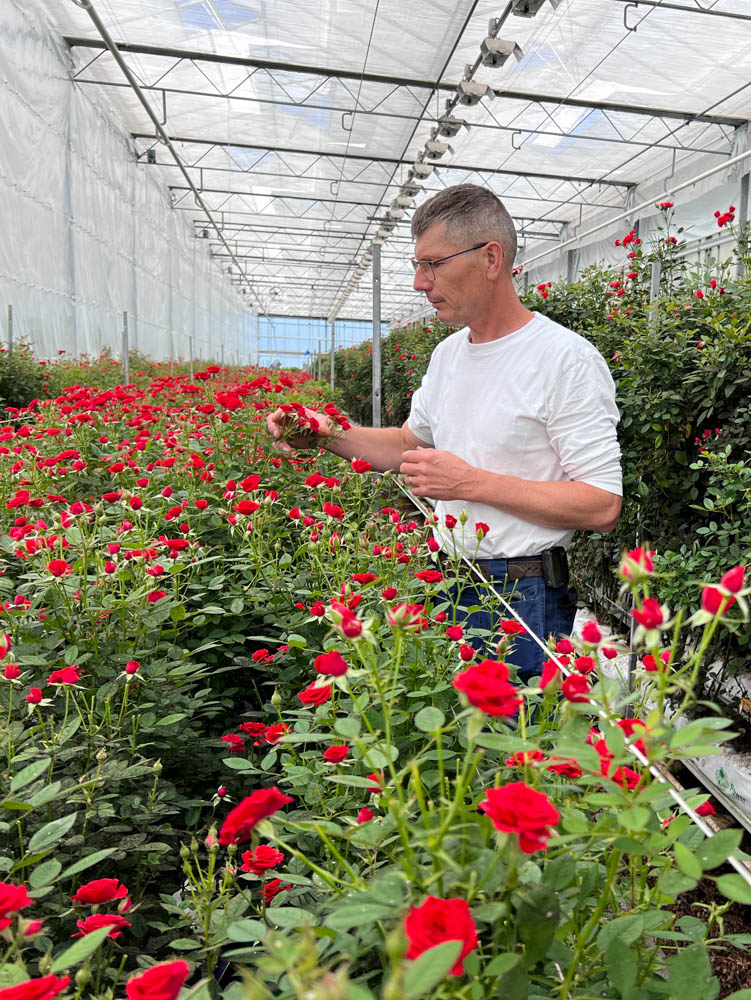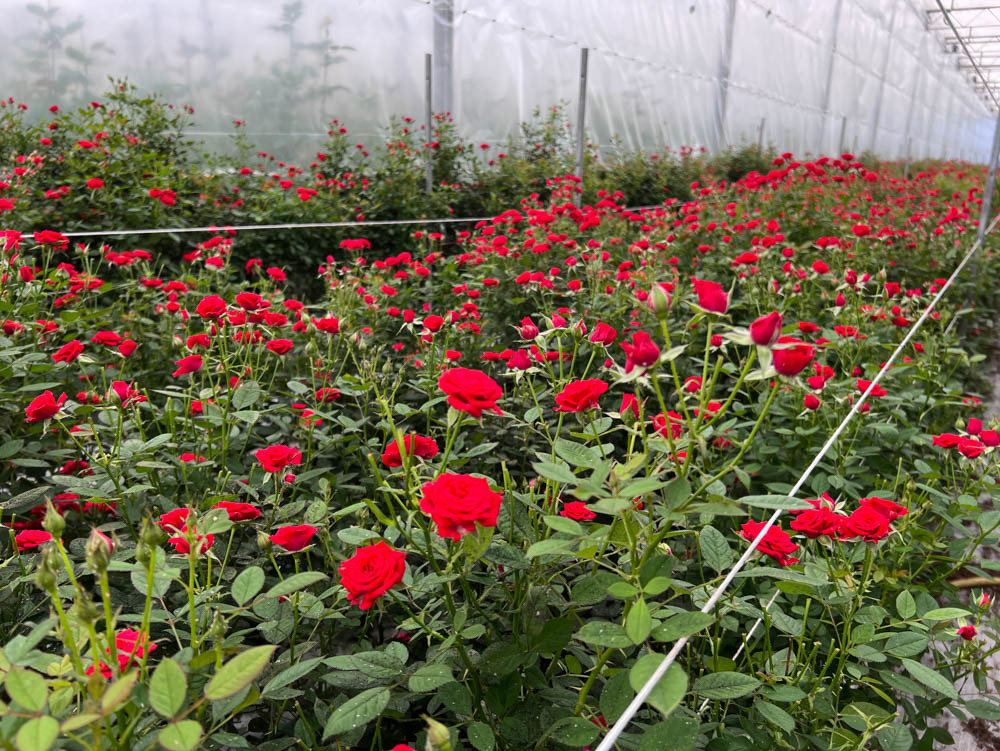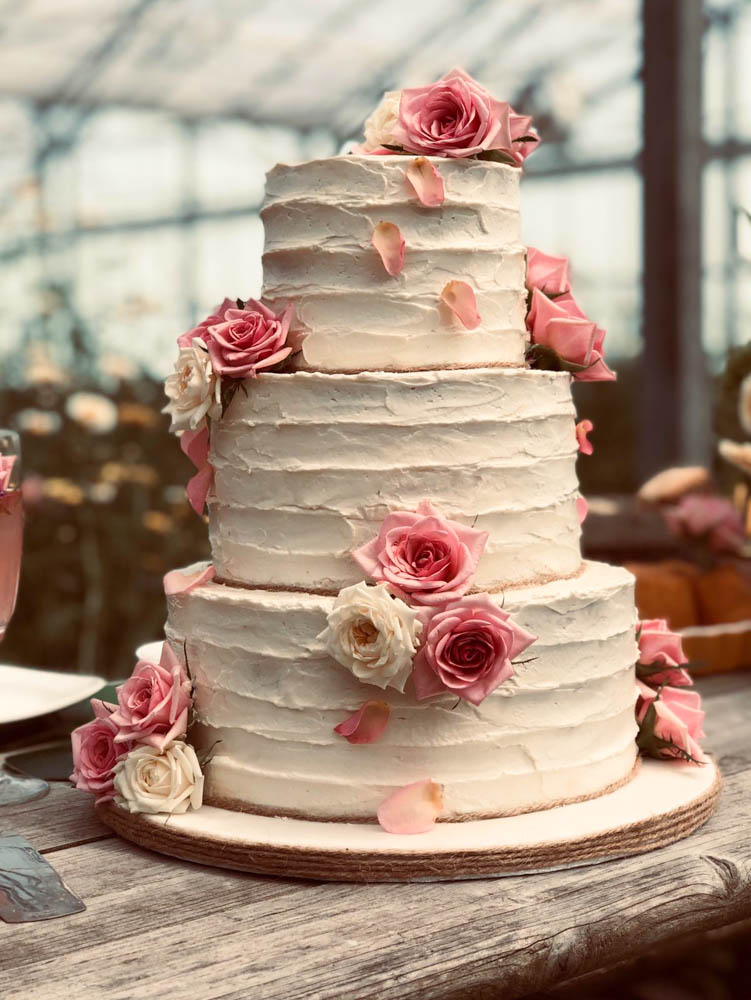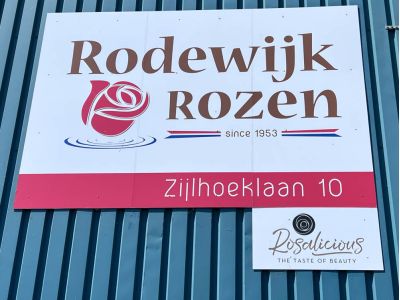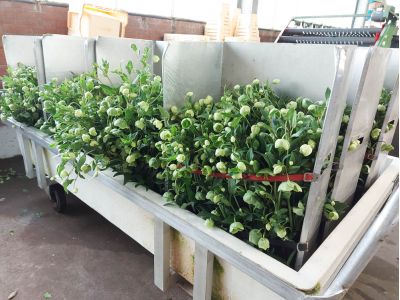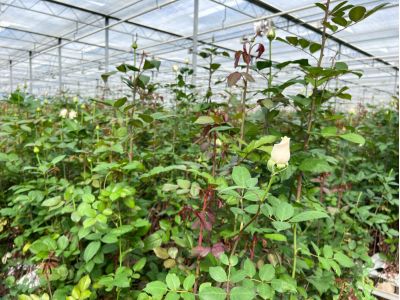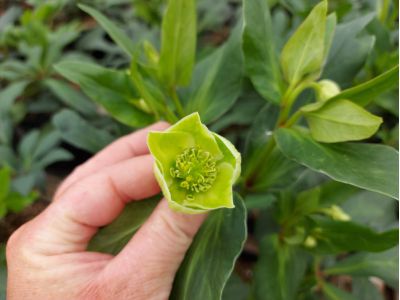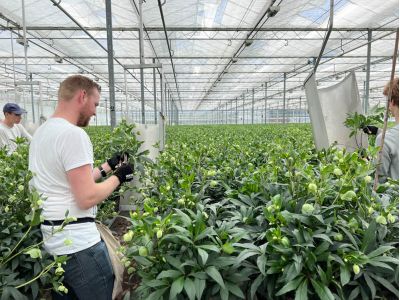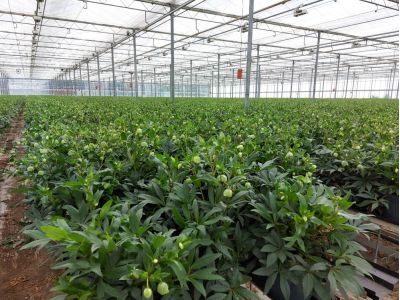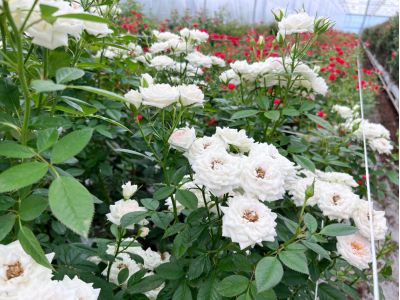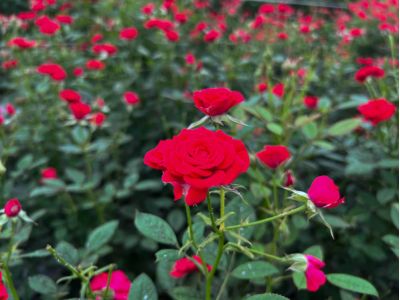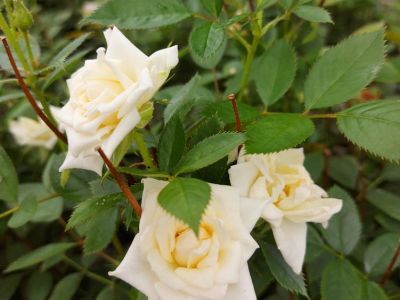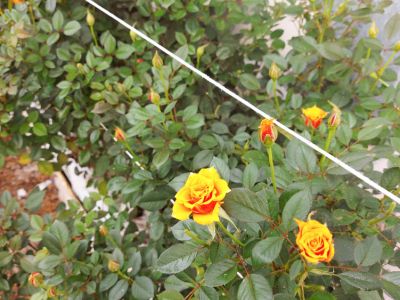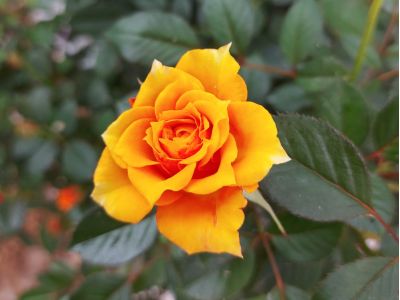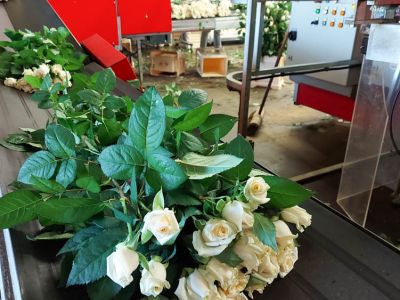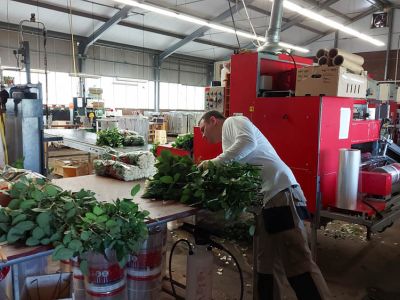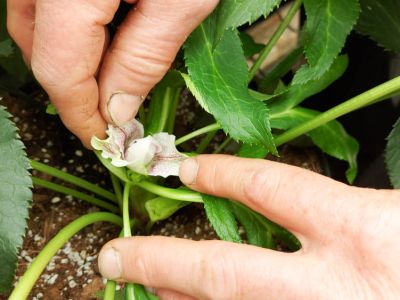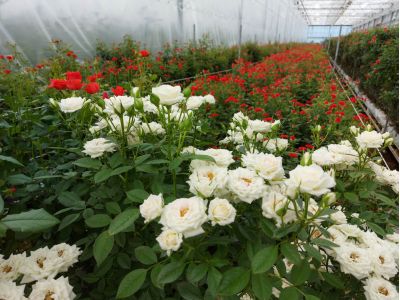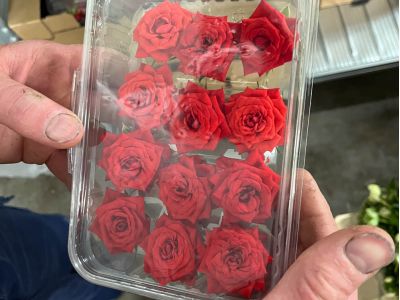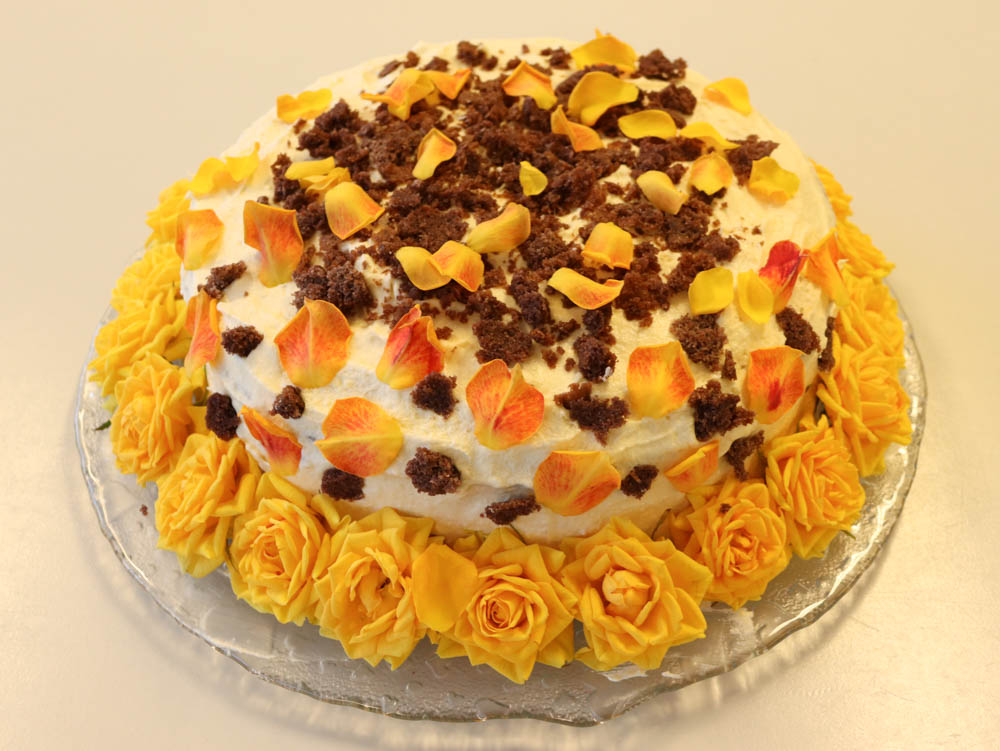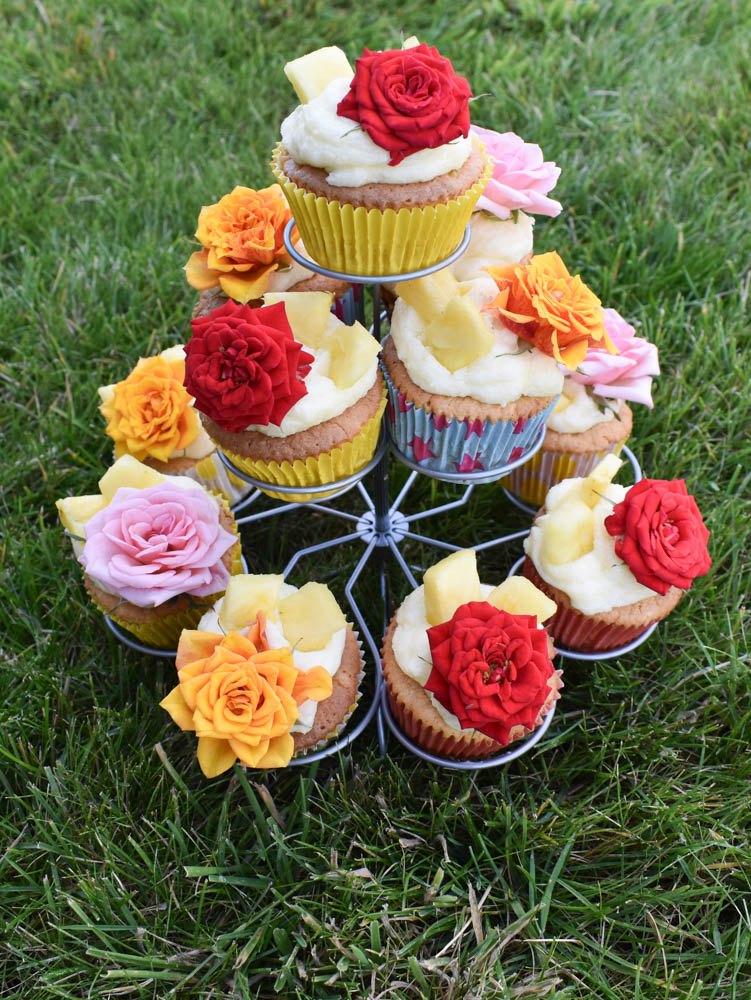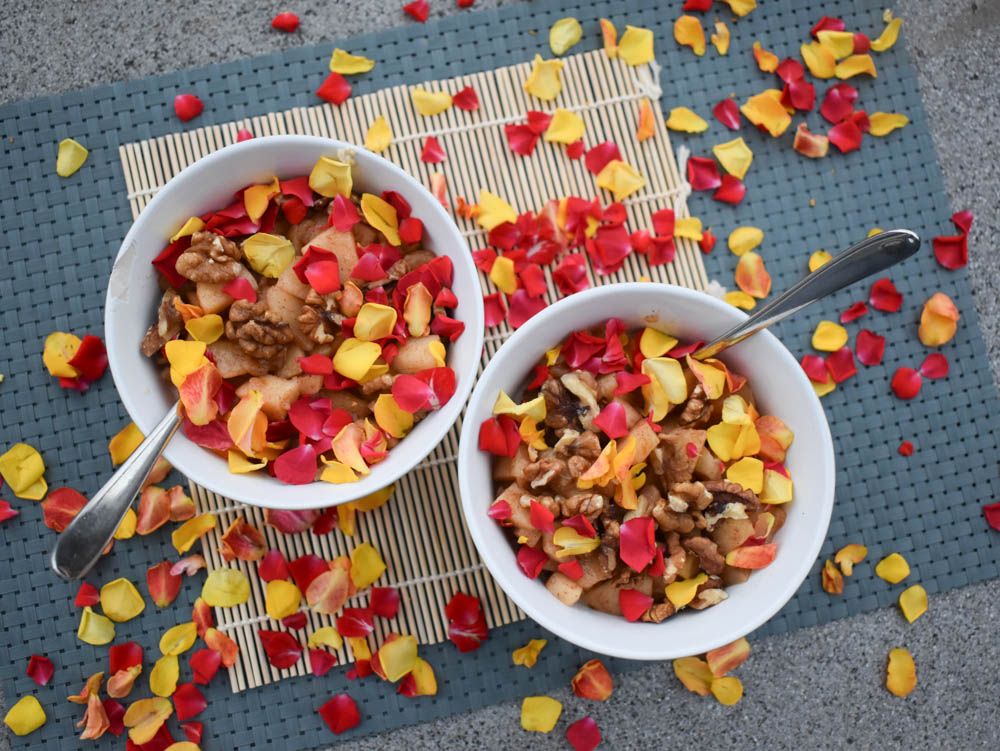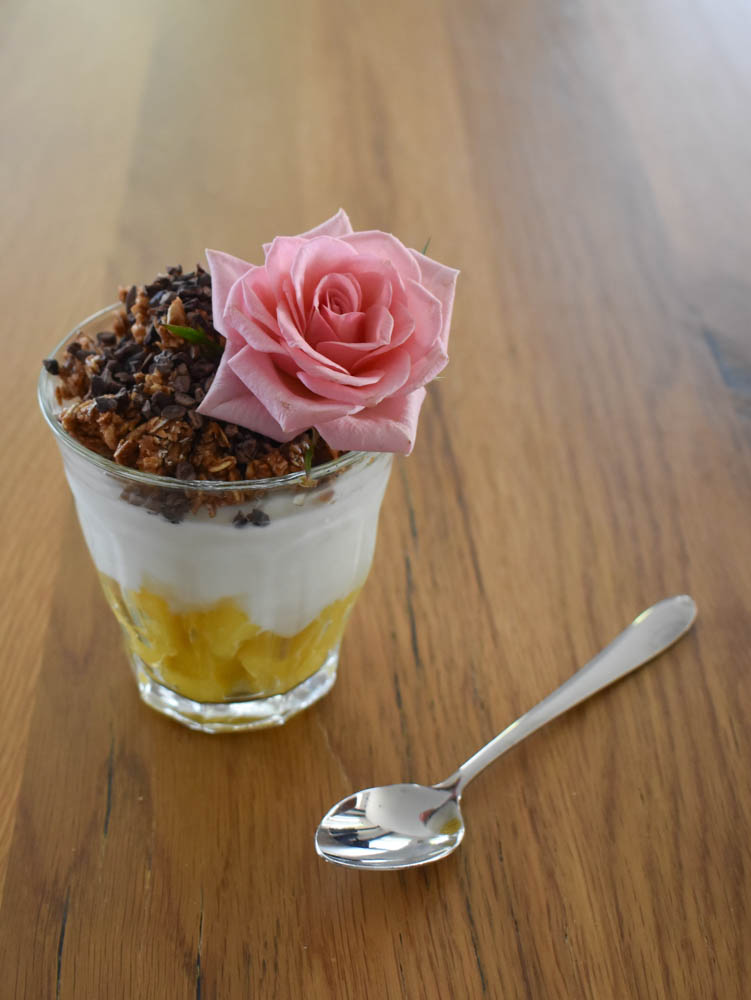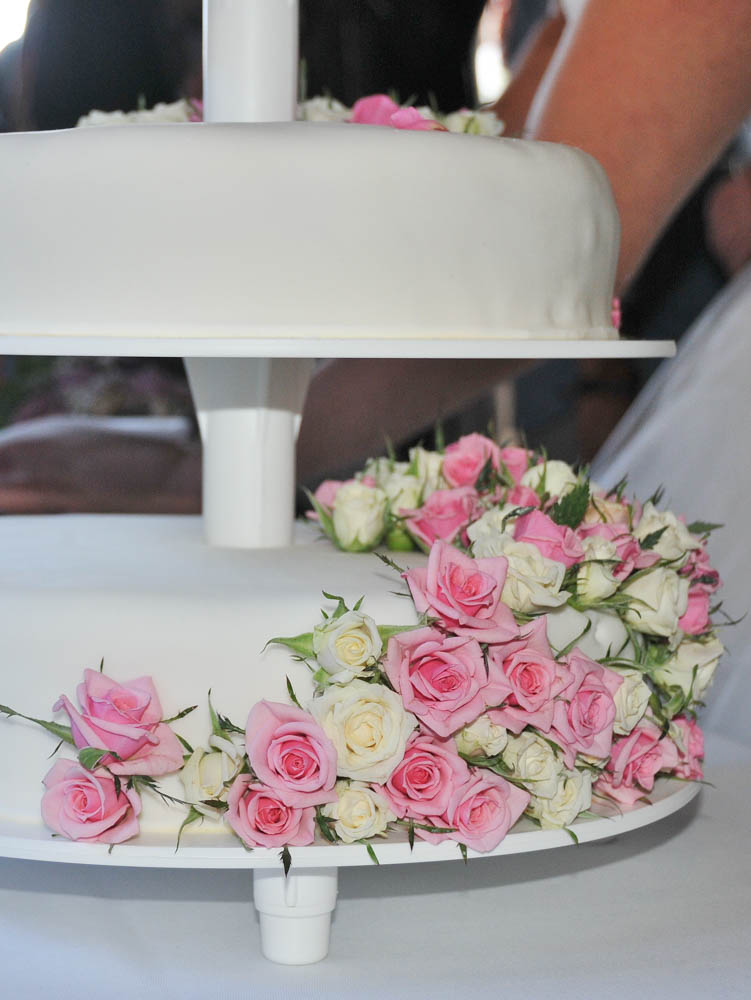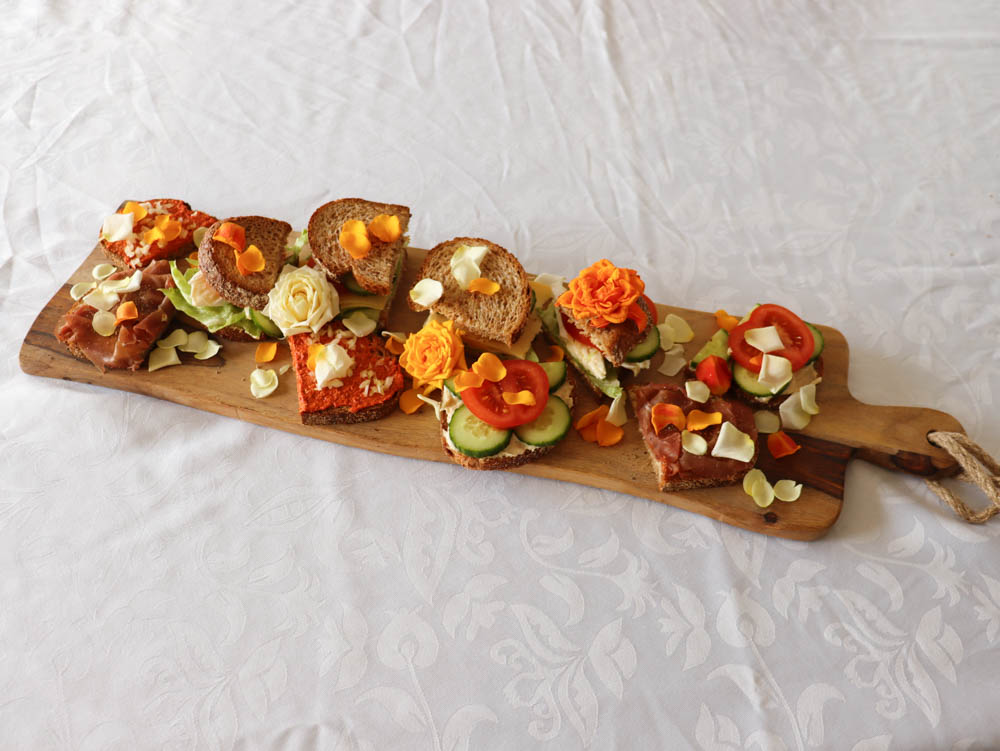Rodewijk Rozen
Rosalicious
Most flowers are grown for their ornamental value, they shine in a bouquet, an arrangement or are used as decoration for an event. On a very small scale, flowers are also grown specifically for culinary purposes. Edible pansies are familiar to almost everyone. But did you know that there are also rose varieties that are grown specifically for eating? Gerard Rodewijk took us through his nursery and told us all about the 'Rosalicious'.
Rosalicious
Completely enclosed, in a corner of the greenhouse, on 500m2 is the garden's candy store. Special varieties of roses, in five different colors, suitable for culinary purposes. The brothers were looking for something special, something distinctive, something different from the standard roses. In a trade magazine article, they came across a piece by a Danish breeder about edible roses. They decided to contact this breeder. After getting acquainted in Denmark everything fell into place. The Rodewijk brothers were looking for something distinctive, the breeder was looking for a grower who wanted to market his product. Currently they are the only grower in the Netherlands with edible roses in the assortment.
Cultivation
The roses for Rosalicious are specially selected varieties. This is because the crop must meet special characteristics. Durability of the flower is very important and the crop must be much less susceptible to disease. No pesticides may be used, only biological control. The leaves of the bush have absolutely no ornamental value, only the flower is picked.
After picking, the flowers are packed in sealed plastic boxes. They can then be kept in cold storage for at least 4 weeks.
Because only the flowers are picked, the crop continues to grow. If it gets too high, the bushes are pruned so they can sprout again to a workable height.
Rodewijk brothers
Gerard learned about growing flowers from an early age. His grandfather started as a grower in 1953, and his father and uncles later joined the business. Gerard and his brother Marius followed in the footsteps of their grandfather, father and uncles in 1998.
A few years later brother Frank also decided to join the company and their father thought it was time to take a step back. The Rodewijk brothers grow a variety of cut flowers at several locations: Hydrangea, Rosa Vendela, Helleborus and edible roses (Rosalicious).
At the garden in Valkenburg, at 13,000 meters, they grow the well-known Vendela rose. Vendela has been grown at Rodewijk for 24 years and is terribly popular at weddings, but it is also tremendously suitable for dyeing.
Last year, part of the greenhouse was set up to grow Helleborus Magnificent Bells. Because they wanted to use less gas, spread the risk and offer year-round work for the permanent staff, the brothers wanted to add a cold crop to their range. Growing the Helleborus was a great addition. The beauty of the Magnificent Bells is that this variety is not only very popular in winter, but it is also very suitable year-round as a wedding flower.
Sustainable
Growing Rosalicious requires special certifications imposed from the food industry. Global GAP is a requirement to grow edible flowers. At the time, the rest of the garden was certified along with Global GAP.
The brothers strive to grow as naturally as possible. Compared to other rose growers, there is not a lot of light in the greenhouse and the use of gas is also minimal. In winter, therefore, the production of roses is much less.
Integrated crop protection is used, a lot of biology and a lot is invested in making the plants resilient.
Growing close to nature, offering year-round work for the permanent staff and growing products with the goal of bringing pleasure to the end customer! A wonderful goal, which the Rodewijk brothers work on every day with great enthusiasm.
FloraPodium, 20 July 2023
